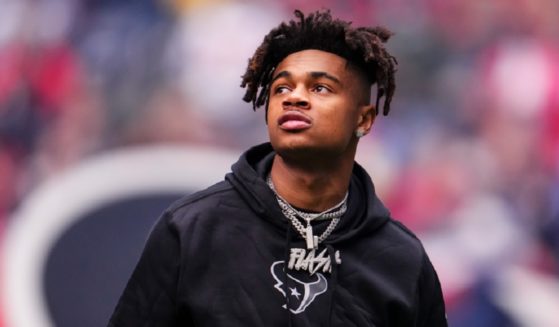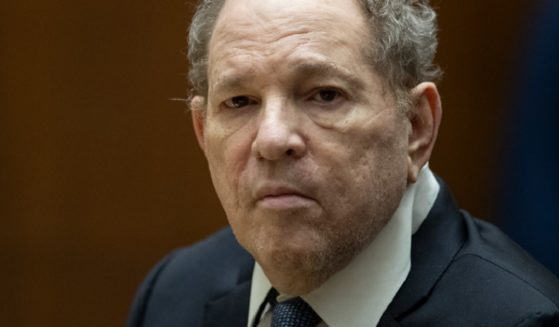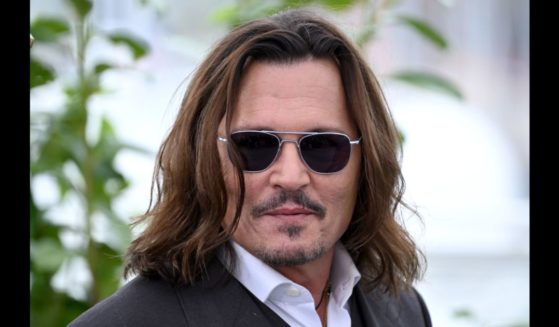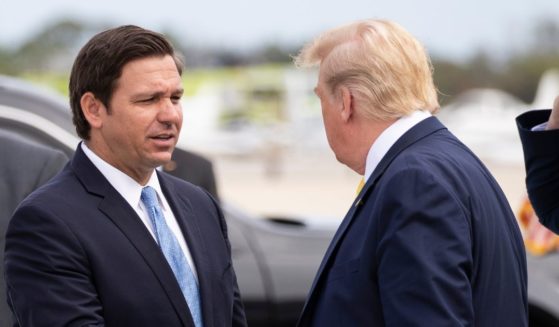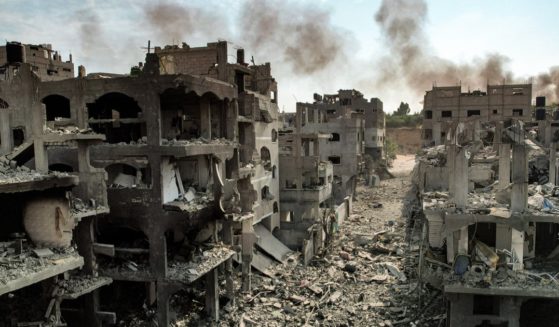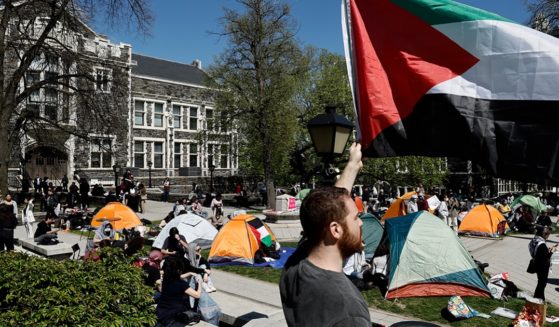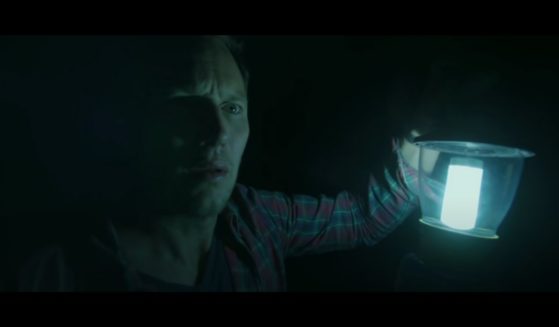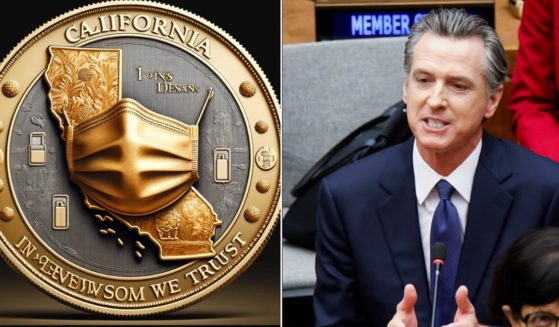Whistleblower Calls Out World Health Organization's Censoring of COVID Report: 'I Couldn't Be Silent'
The U.N. epidemiologist who denounced the World Health Organization’s withdrawal of a report on Italy’s coronavirus response says he is suffering retaliation for having spoken out and is calling for the agency to live up to its obligations to protect whistleblowers.
Dr. Francesco Zambon said he filed an internal ethics complaint with the WHO in May after he said he was pressured by a senior WHO official to falsify data to obscure that Italy hadn’t updated its influenza pandemic preparedness plan since 2006.
In an interview with The Associated Press, Zambon said he never wanted to enter into a fight with the WHO but now feels he is being isolated professionally for having followed WHO regulations to report alleged misconduct.
“I couldn’t be silent,” he said.
“I’m doing this because I believe in the WHO and because I believe in the values of the WHO. One of them is integrity.”
Zambon, the WHO’s chief field coordinator for Italy and its regions during the pandemic, was one of the authors of a WHO report examining how Italy responded when it became the epicenter of the European outbreak in late February.
The report was aimed at helping other countries prepare as the virus spread globally, but it hit a sensitive nerve because it noted that Italy went into the crisis with an out-of-date pandemic plan and that its initial reaction was “improvised, chaotic and creative.”
The WHO pulled the report from its website on May 14, a day after it went up, and never republished it. The WHO said it contained “factual inaccuracies” but hasn’t said what they were. Zambon has said the only inaccuracy was an out-of-date timeline of the virus in China that he removed immediately, but the report was never reuploaded or distributed.
The scandal over the report’s withdrawal has made headlines in Italy amid suggestions that the WHO yanked the report to spare the government criticism, embarrassment and liability.
In the interview, Zambon said he was pressured to fudge the fact that Italy hadn’t updated its pandemic preparedness plan since 2006.
He cited a May 11 email from Dr. Ranieri Guerra, an assistant director-general at the WHO who was working as a liaison with the Italian government, telling him to “correct” the date to show that the plan had been “last updated in 2016.” He said Guerra followed up with a phone call that he described as threatening.
Guerra had been in charge of prevention at the Italian Health Ministry from 2014 to 2017 and wrote the then-minister that the plan needed to be updated.
Zambon said he refused to cede to Guerra’s request because the 2016-2017 plan was the same as the 2006 one. “We couldn’t really say that the plan was updated because it was not true,” he said.
Guerra declined repeated requests for comment to AP. In an interview with La7 television Sunday, he said the earlier plan was considered “current” up until the release of new WHO guidelines in 2018, by which time he had left the ministry.
But the 2006 plan contains holes in its implementation phases that critics say could help explain Italy’s critical shortage of protective equipment and chaotic initial response to COVID-19.
Guerra also denied he exerted any pressure on Zambon and said he couldn’t fire him because he reports to a different WHO chain of command.
The WHO didn’t immediately respond to requests about the status of Zambon’s complaint. The organization has previously said it has mechanisms to handle internal issues and disputes.
Both Guerra and Zambon, meanwhile, have spoken with Italian prosecutors investigating the government’s response, in defiance of WHO guidelines.
A Nov. 1 email from the WHO’s legal department, reported by state-run RAI television’s “Report” program, noted that the U.N. agency was facing several lawsuits and parliamentary inquiries into COVID-19.
“We need to be mindful not to set a precedent or to implicitly waive any of the immunities applicable to WHO by attending such hearings,” the email said.
Italian public health officials have said they had no idea the WHO report was even in the works, suggesting a communications breakdown between the U.N. agency and the government.
As WHO liaison to the government, Guerra was given a detailed outline of the report on April 14 to share with the government, but it’s not clear how broadly it was shared or if he followed up.
Dr. Giovanni Rezza, head of infectious disease at Italy’s Superior Institute of Health, said he didn’t see anything in the report that was terribly problematic, much less worthy of censorship.
“If anyone is going to look for possible responsibility, clearly this concerns the period in which the plan wasn’t updated,” he told a briefing on Dec. 12.
“Naturally one can do a self-criticism, but I didn’t find any reason to censor the report,” he said. “I’m shocked if that’s what happened.”
[jwplayer 15RE9dlp]
The Western Journal has reviewed this Associated Press story and may have altered it prior to publication to ensure that it meets our editorial standards.
Truth and Accuracy
We are committed to truth and accuracy in all of our journalism. Read our editorial standards.

